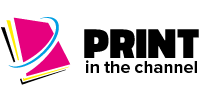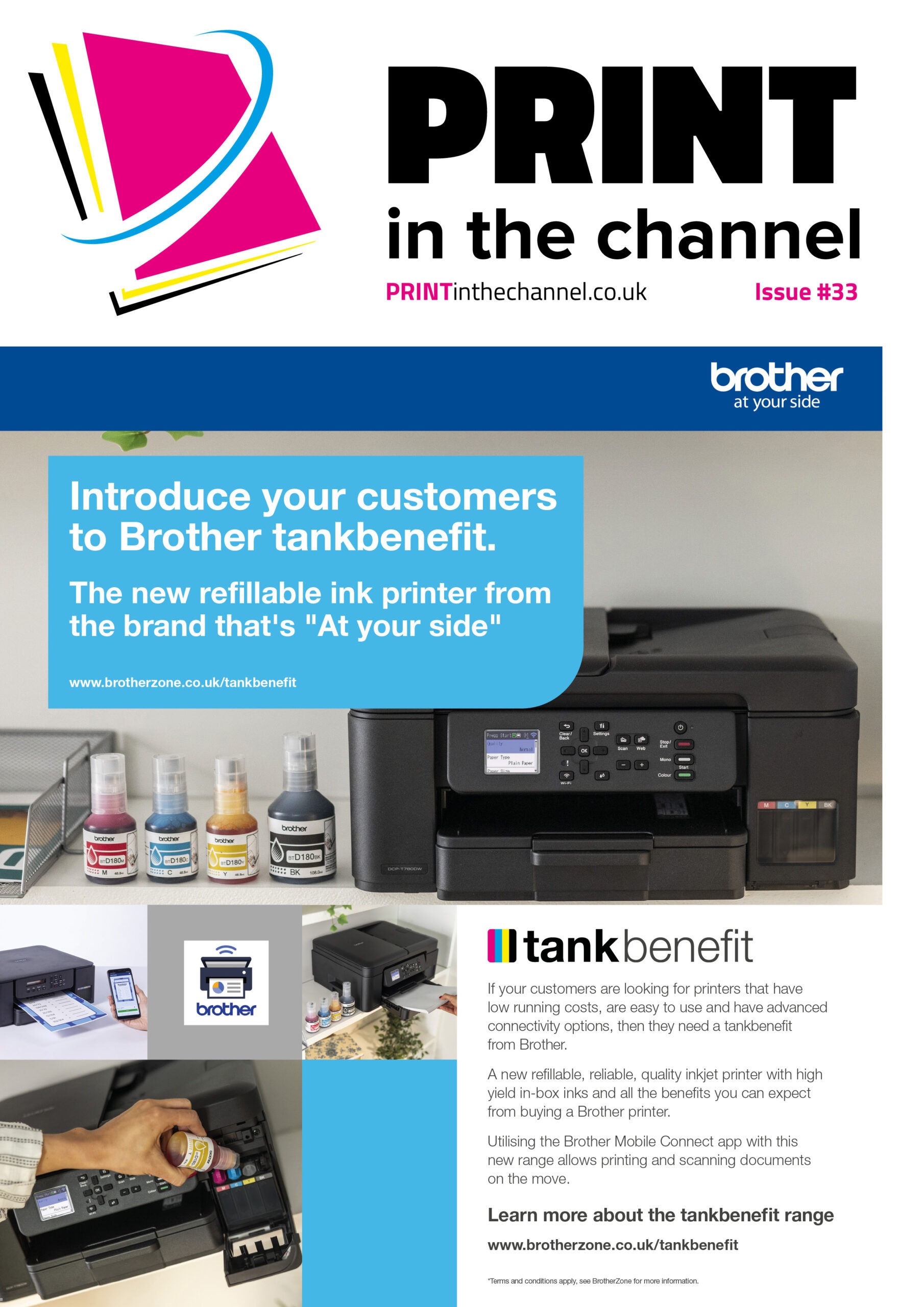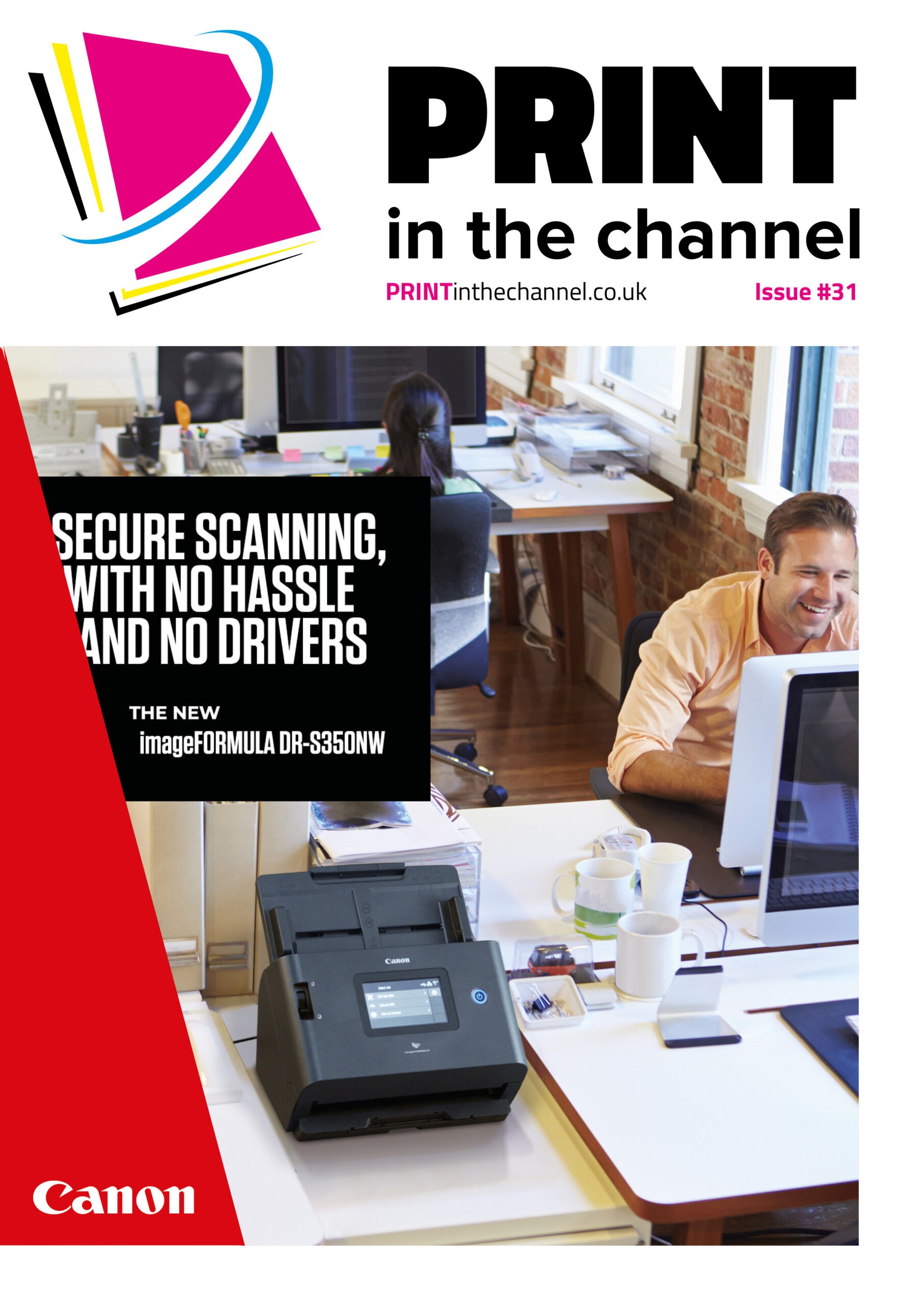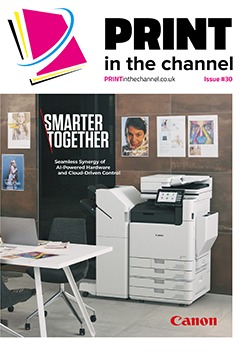The government’s Digital Strategy was launched last year, but for many organisations it is a journey that they are still in the early stages of, a new report from Epson has found, which presents opportunities to resellers.
Back in June 2022, to much fanfare, the government launched its Digital Strategy, which aimed to digitalise government organisations and take advantage of the benefits that this brings.
But more than a year on, while 98% of IT decision makers say they are familiar with the Digital Strategy, only 33% say their organisation has fully transitioned to using digital processes, according to research published in a report entitled ‘Digital Foundations: The Role of Document Scanning Technology in Digitalising Government’ by Epson.
The survey was conducted among 150 IT decision makers in government services, including the civil service, ministerial and non-ministerial departments, government agencies and other public bodies.
This means that two thirds of government is still on its digitalisation journey, and far from securing the world class and secure digital infrastructure outlined within its own Digital Foundations.
Therefore, the opportunities for resellers to help IT decision makers to boost efficiency, streamline storage, process information and generally improve the services they provide are numerous, Epson says.
Nicola Williams, manager for document scanning solutions at Epson UK, and the author of the report, says the reason the research was undertaken to analyse the market and its response to the Government’s digital strategy and gain an understanding of where it was expected to grow in the coming years.
Digitalisation journey
Nicola says that she was “not particularly” surprised by the finding that only a third of government organisations had transitioned to digital practices. “If you look at the complete market in the UK, many businesses and organisations in many sectors are still very early on in implementing any form of digitalisation or digitalisation strategy,” she says.
She adds that while some government organisations, such as the NHS, have been among the earlier adopters of digitalisation, many others are still heavily paper-based. “Bearing in mind that the digital strategy was only implemented in June last year, it didn’t really surprise me that just nearly a third had implemented anything now,” she says.
“The positive thing to take from that is that there’s still a huge percentage who are on their digital transformation journey, which we [Epson and the wider channel] can help support with products and solutions that can achieve their aspirations to become less reliant on paper processes and incorporate digitalisation and digital workflows into how they manage paper throughout the organisation.
“There’s still a huge number of organisations that will be on that journey at the moment, so there’s great opportunity for us – and the reseller community – to support them with it.”
Nicola adds that while the number of organisations that have digitalised is low, the research found that many are at some point on the journey towards that, or it is on the agenda for them to start. “So while it’s certainly early days for some of them, we should see quite an uptick soon as things progress,” she says.
From paper to digital
One area that is ripe for digitalisation is converting paper documents to online formats such as pdfs. In the report, 31% of respondents strongly believe relying on paper documents lowers workforce productivity overall, while 98% said digital documents at their organisation can be quickly searched or accessed by the workforce.
Nicola outlines the sort of processes that can be enhanced by switching to scanning documents. “There are certain processes that are generally quite paper heavy within any organisation, not just government – something like invoice processing, as an example – that will slow everything down,” she says.
“If you take a typical invoicing process, you receive the invoice, it must be checked for compliance, then it has to be entered into the system. That invoice must then be approved, which often is a physical approval within an accounts payable department. Then it must be sent for payment. It’s quite a long-winded process and often companies end up being charged penalties for late payment fees, which can be avoided if you implement a digital workflow instead. If you digitise the invoice, send it into a document management system, you can essentially automate that process, which saves time and administrative costs to create a more productive and effective department and save on those late payment fees.”
Scanning range
Hybrid working is also influencing not just those who work at home but who work away from their usual place at work, such as GPs who visit patients at home or workers who visit customer sites.
According to 20% of respondents, the majority (76-99%) of employees who need support from IT carry out their job away from the office at least once weekly. In addition, 29% revealed employees are permitted to use approved equipment, including scanners, while working remotely, including at home.
This also means it is unsurprising that the research found security is high on the agenda for those workers as well as IT teams. For instance, 42% of respondents place restrictions on document access and sharing for employees working away from government buildings. In addition, 16% of IT decision makers agree that the shift to hybrid working increases security concerns, including scanning and sharing documents digitally.
“Our document scanner range doesn’t store any data on the scanner itself, so that isn’t a worry, it is purely a vehicle for transporting paper into the digital document,” says Nicola.
“But there are plenty of security features embedded on some of our Wi-Fi/network document scanners and also on Document Capture Pro, which is software that comes with all our document scanners or our document scanner (DS) range. Essentially that will enable you to scan in a searchable PDF, you can encrypt the document, you can password protect it, you can then index it, which is good for document management systems, and then you can either store that or send it into a folder that can be put whatever the customer requires it to be.
“Things like user authentication, available with the DS-790WN, which is our Wi-Fi and Network scanner, is ideal for departments where more than one person needs to use the scanner.
“You can also manage those devices centrally if you have several of them across your organisation. You can apply security features that you can push out to those devices, including restricting certain functions for certain users. The key thing is being able to use our software that we provide with the scanners to ensure that if customers are scanning outside of the office, that they can be encrypted or password protected. So that should give some peace of mind in terms of output.
“We have a broad range of products on offer and support in place with our end user sales team and presales team who can support resellers to integrate our products into the customers’ infrastructure. We don’t have a direct sales function, so we’re purely there to support our resellers to deliver those solutions and work with them and other partners to make sure we have that end-to-end solution in place for the end user because, despite the fact that ultimately, we’re a hardware manufacturer, we want to be able to help meet all of the customers’ digitisation needs.”
Sustainability goals
Digitising documents, rather than retaining paper-based processes can also help to achieve environmental goals too – something 97% of respondents agreed with in the report. Nicola adds that manufacturers are helping to make scanners even more environmentally friendly. “Our R&D allows us to deliver innovative technologies and our document scanner range features lower energy consumption than most other brands,” she says. “While scanners don’t consume a load of energy, the fact that ours consumes less is a positive.
“Also implementing a digital transformation strategy means that paper documents no longer need to be physically transported, so that simple change to the way that we work can have an impact on CO2 emission reductions. We see the implementation of a digital transformation strategy within government or any organisation as a positive in helping to create more sustainable business processes.”
Achieving goals
While it may still be relatively early days for the government’s Digital Strategy, Nicola believes that the pace of digitalisation in many government organisations will quicken in the coming years.
“There’s a lot of businesses and organisations that have a requirement for paper and paper processes for one reason or another but digitising at least some of the paper processes can help them to become more productive and efficient,” she says. “While there are always going to be organisations that may be a little bit more adverse to adopting digital process, as things move on and technology progresses, I expect that it will become much more a normal part of operations for many businesses. Whether or not we’ll get to 100% uptake, I don’t know, but there will certainly be more businesses and organisations that do achieve a more digital business, but not necessarily a fully digital business in the future.”
Nicola adds that within government they have seen a marked increase in hybrid working, which is changing the dynamics of the office and demand for products, with more organisations looking for more compact designs or, especially with document scanners, models that are easily portable.
“Epson has just launched some compact scanners, which are designed to take up a smaller footprint as some are reducing the size of their offices because a lot of workers are spending maybe three days working from home and two in the office.
“This kind of space saving design also helps towards sustainability goals because we’re using less plastic to make these devices compared to previous models while enabling customers to be more productive on the move or hybrid working as well.
“Being able to scan on the move from a portable scanner to your smartphone or tablet and then being able to put that into a workflow is beneficial.
“But it’s an interesting report and encouraging to see so many respondents on the digital journey and then hopefully we can help resellers to help those customers to move along that journey.”









